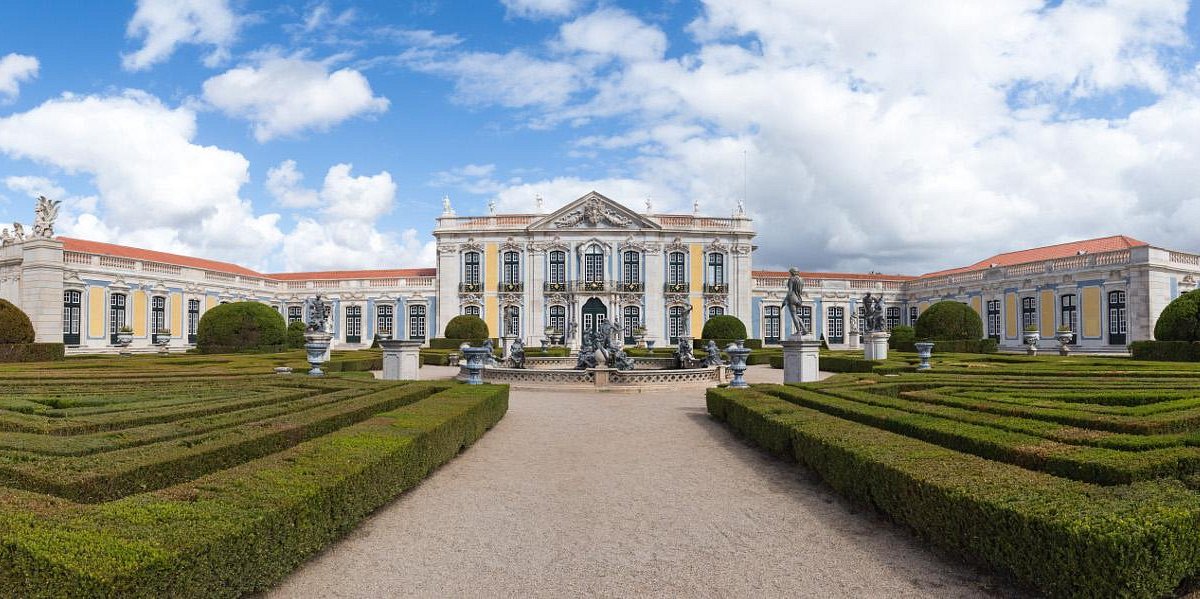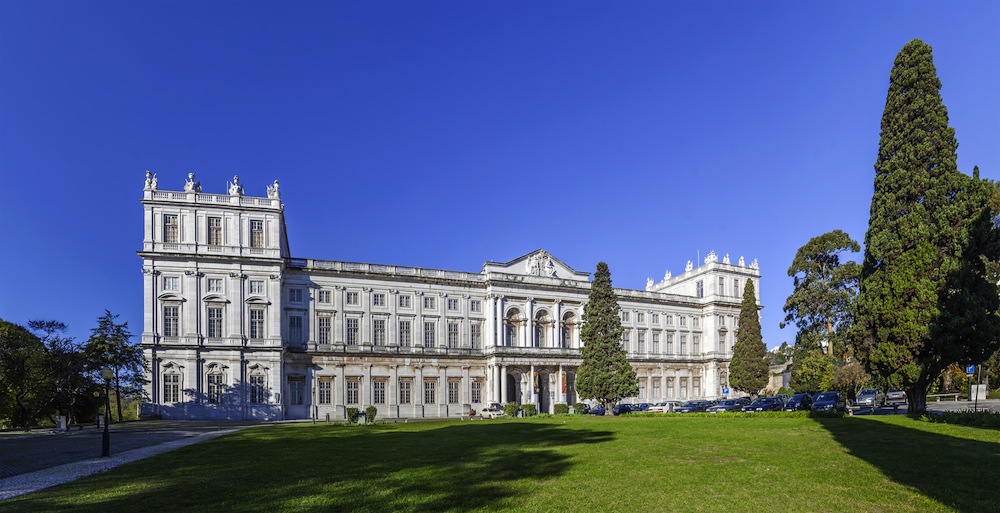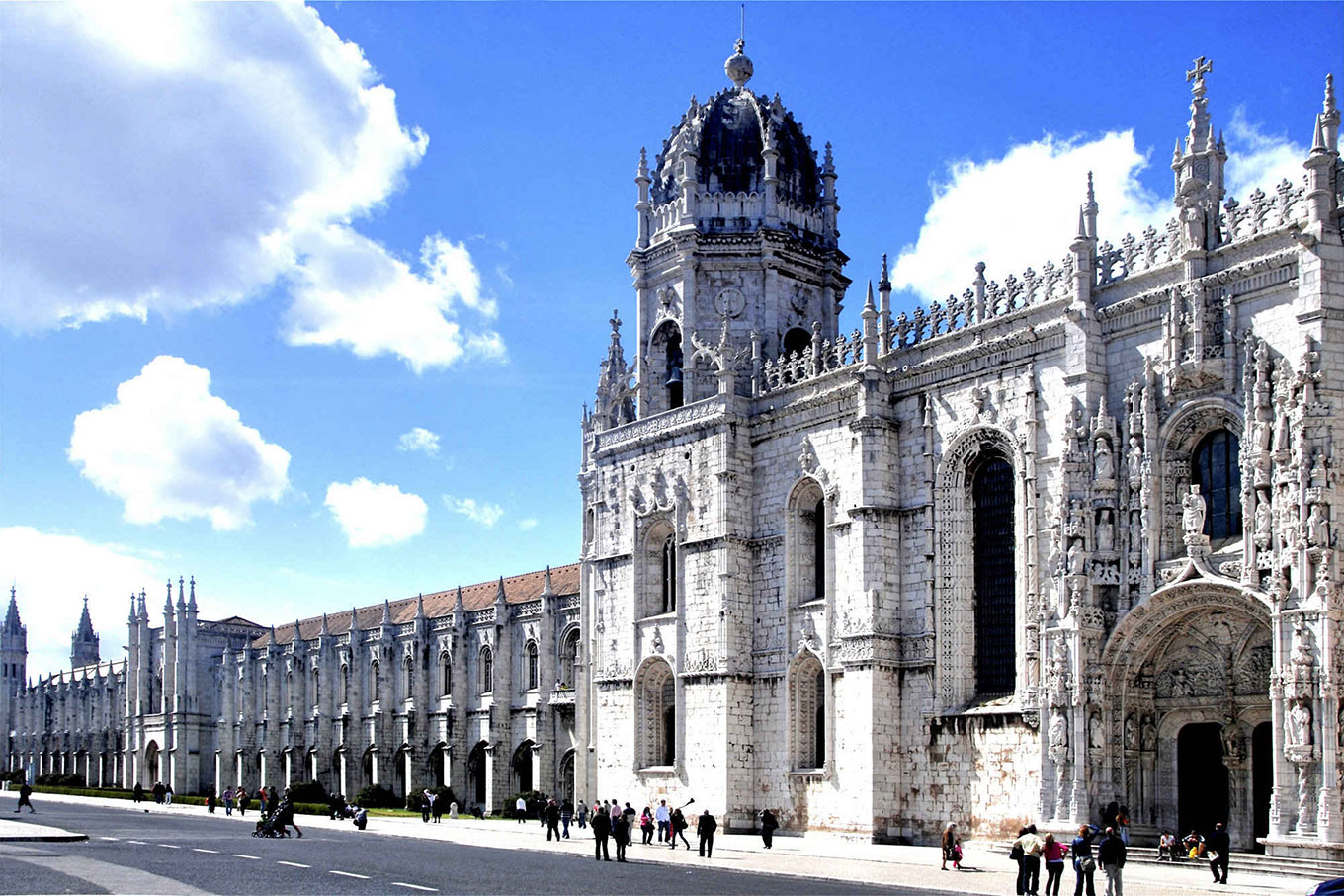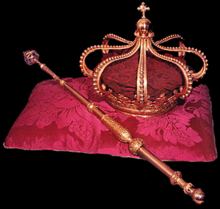Bruno
GA Member
- Jul 1, 2018
- 2,949

A few months have passed by since the implementation of the Monarchy. Must has been done in order to accommodate the new rule of law and institutions surrounding the new change of paradigm. His majesty the King, Duarte II, have been the non official king by right of lineage, however in order to be considered the de jure and de facto monarch, he need to be considered so by the Council of Lords and then after be crowned King. These two celebration would being to be prepared after the dust as settled, the Council of Lord would be easily done, all the lord holding titles of the country, mostly Dukes and Counts would gather on the Royal Palace of Queluz, alongside government officials and the Prime Minister. The Ceremony would being with the reading of his Majesty duties as King, after that the signing of the Book of Great Duties, which is inlaid in gold in the covers with a single emerald on the middle, above an embroidered portuguese shield. After the King had signed, all others would sign, firstly would be the Prime Minister and his government officials representing the people, signifying that it was them, the people, who would hold the King to its duties to the country and to whom the King would answer to, and not the dukes or counts that would sign after. From this point onwards, Duarte II would be officially the King of the United Kingdom of Portugal and the Algarves. However the coronation would come after in a few days.
After the ceremony of the Book of Great Duties, a grand meal would be served in the Palaces beautiful and renown gardens, filled to the brim with security, it was not just Government officials or Lords that were invited, a few invitation would have been sent to other institutions across the country, along side people disconnected with Royalty and the Government. All around it would be around 300 guests, where some would sleep and eat on the palace.





